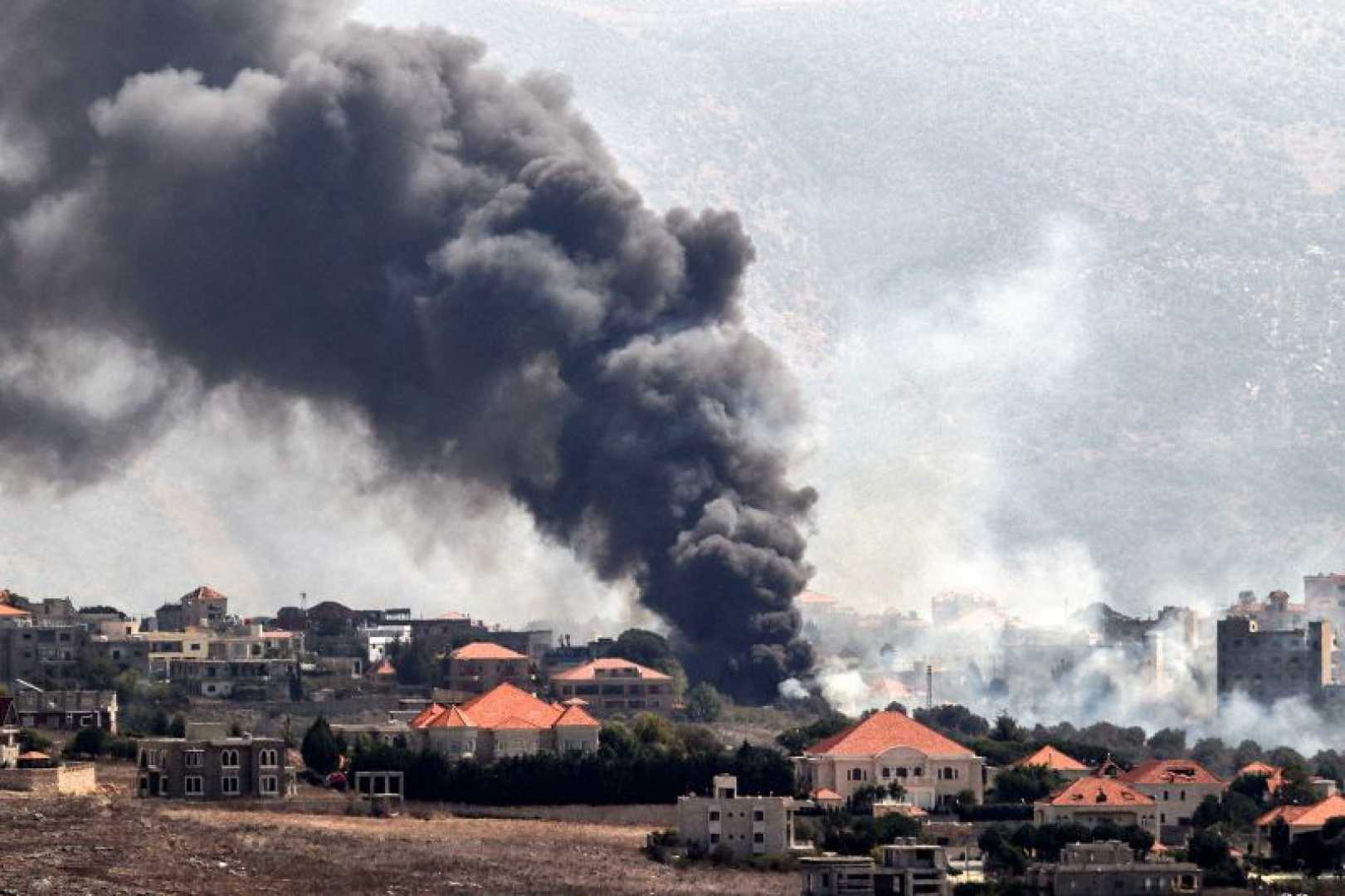News
Rising Tensions in Lebanon Amid Mounting Israeli Strikes and Hezbollah Concerns

For several weeks, Israeli military operations have increased in scope, targeting Hezbollah operatives, which has led to a climate of fear among civilians associated with the Iran-backed group. The looming threat has generated significant anxiety within communities, forcing individuals to distance themselves from those potentially connected to Hezbollah.
“Our neighbours found out we were housing people from Dahiyeh (Beirut‘s southern suburb), and they panicked and started asking questions,” said Christina, a 30-year-old resident who preferred to be identified by only her first name. She initially offered shelter to displaced persons but later requested them to leave as neighbours, concerned they might be Hezbollah fighters, began inundating her with inquiries.
Hezbollah retains substantial support from Lebanon‘s Shiite Muslim community, being the only faction to have kept its arsenal following the 1975-1990 civil war. However, the country’s political fabric remains fractured over the group’s decision to engage militarily with Israel in support of Gaza, thereby risking Lebanon’s involvement in the conflict.
Lebanon’s governance is characterized by a delicate power-sharing system among 18 religious sects, with Shiites, Sunnis, and Christians maintaining a tenuous equilibrium. The memories of the civil war, including mass displacement and home seizures, continue to haunt many Lebanese citizens.
“There are growing tensions and suspicions towards displaced people because they are from the same religious group as Hezbollah,” continued Christina. “Some people are scared that one of their family members might be a target, and they don’t want to risk it.” These remarks were reported by Agence France-Presse (AFP).
Following nearly a year of cross-border hostilities, Israel ramped up its assault on September 23, resulting in over 1,110 fatalities, as compiled by AFP from official figures. Consequently, Lebanon has witnessed the displacement of over one million residents, approximately a sixth of its population, many of whom have sought sanctuary in Beirut, leading to an overwhelmed city infrastructure.
The sudden influx has exacerbated challenges in the crisis-stricken nation, manifesting in traffic jams, disrupted daily activities, and the accumulation of waste on city streets.
Souheir, a 58-year-old homemaker, experienced fear after a displaced Shiite family moved into her building. She noted the presence of women wearing full-body chadors and bearded men, appearances unusual in central Beirut. “We’ve been seeing more women in chadors, bearded men, and young men in black — a sight we’re not used to seeing,” she recounted. Despite recognizing her own susceptibility to the prevailing paranoia, Souheir cut short her visit to a friend’s home upon noticing bearded men on the balcony, fearing they might be affiliated with Hezbollah.
The atmosphere of distrust is palpable, as Souheir highlighted, “People are looking at each other with suspicion on the streets. They’re scared of each other.”
This sentiment of suspicion extends beyond Beirut. In the Druze village of Baadaran, Israel’s strikes have reached displaced individuals outside Hezbollah’s sphere, further heightening caution among the populace.
“People used to rent out houses to anyone at first, but now they’re being extra-cautious,” explained Emad, a 68-year-old resident in a Druze village approximately an hour from Baadaran. Elie, aged 30, from a nearby Christian village, noted that property owners were reluctant to rent accommodations to the displaced, who predominantly reside in nearby shelters. “People are scared because we can’t know if there are Hezbollah members among them,” he elaborated. “They also fear that the displaced could stay in the apartments permanently or semi-permanently, as many of their houses were destroyed.”
Reports of displaced individuals squatting in unoccupied buildings for refuge have invoked painful memories of the civil war era when armed factions took control of homes, leading to 150,000 deaths. The police recently confirmed “a very small number” of these incidents and assured efforts to “remove them.”
Riad, a businessman aged 60, recounted how his sister-in-law had been present at their Beirut apartment following repeated rental inquiries. He remarked, “We experienced this in the ’70s and ’80s. Even if you asked an acquaintance to live in your house, armed groups would seize the apartment and allocate it to displaced families within their community.” Riad added, “It took some people a decade before regaining their house… This is why people are panicking. It happened once, and it could happen again.”












